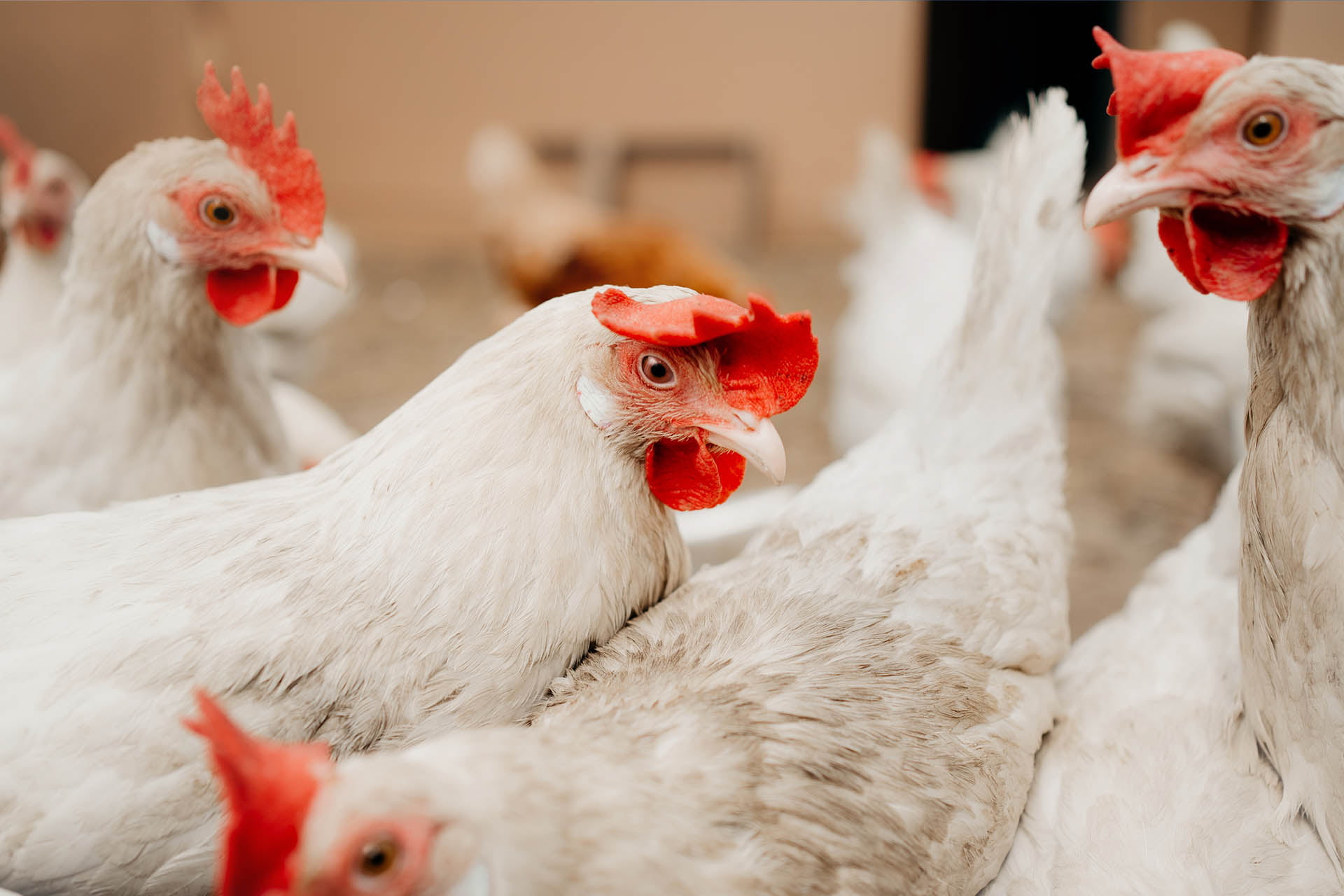Dr Dragan Antic
Senior Lecturer in Veterinary Public Health
Dragan is a veterinarian and a specialist in veterinary public health, food science and food microbiology. He also sits on the Food Standards Agency’s Advisory Committee on the Microbiological Safety of Food (ACMSF). His primary microbiome research interest is in functional metagenomics, investigating the impact of chemical and physical interventions on the diversity level of microbial communities, their response to the stress and/or selection of more resistant strains.
Professor Alistair Darby
Co-Director of the Centre for Genomic Research
Alistair Darby is a director of the CGR and a Professor in genomics at the University of Liverpool. Current and past projects include work with academic and industrial partners in the microbiome areas of domesticated animals, insect pests and disease vectors and human microbiomes from a number of life stages, body sites and sample types. An important part of Alistair’s approach to microbiome science is his understanding of the full experimental design from sample collection, sequencing and the subsequent analysis, this holistic approach allows for well-designed studies and solid scientific outcomes.
Professor Jennifer Duncan
Professoor in Sheep Health and Welfare
Jennifer is a veterinary surgeon, an RCVS Specialist in Sheep Health and Welfare, and a Diplomate of the European College of Small Ruminant Health Management.Jennifer is currently studying the bacterial microbiome of bovine foot in health and disease, in order to understand the bacterial aetiology, pathogenesis and treatment of a relatively new, severe infectious foot disease of sheep, named contagious ovine digital dermatitis (CODD). She has published a study in this area and is currently undergoing further work on field cases of the disease.
Dr Joseph Neary
Senior Lecturer in Livestock Health and Welfare
Joe's research interests are in livestock health and welfare, specifically: how composition and stability of the various microbiomes of livestock change and confer resistance or susceptibility to infectious diseases, particularly respiratory disease, in cattle.
Professor George Oikonomou
Professor of Cattle Health and Welfare
George has extensive experience designing and conducting field studies. George is currently studying dairy cattle lameness using “omics” approaches. For his ongoing research, he has established a close collaboration with several commercial dairy farms. The overarching objective of his research is the improvement of the welfare of dairy cattle and of the sustainability of dairy farms.
Professor Soraya Shirazi-Beechey
Professor of Molecular Physiology and Biochemistry
Soraya's group is interested in comparative aspects of gut microbiota in both animals and humans, with specific interests including: influences of diet and dietary supplements on composition, activity and function of the gut microbiota; sensing of luminal nutrients, microbes and microbial products by the gut epithelium, downstream signalling and impact on host physiology and the mode of action of prebiotics, probiotics and synbiotics.
Dr Dorina Timofte
Senior Lecturer in Veterinary Clinical Microbiology
Dorina's research focuses on the molecular epidemiology of multidrug-resistant bacteria using proteomics (MALDI-TOF MS and Furrier Transform Infrared Spectroscopy Biotyper) for depicting patient-environment inter-transmission of infections within veterinary hospitals. Current projects are looking to understand the factors which enable the ESKAPE organisms to survive on various surfaces including development of biofilms, resistance to biocides and also the impact of intensive use of disinfectants on the veterinary hospital environment microbiome.
Professor Mark Viney
Professor of Zoology and Head of Department of Evolution, Ecology and Behaviour
Mark's research centres on the infection biology of mammals. Specific areas of active research include investigating what controls the assembly of the gut microbiome of wild animals, as well as what extrinsic and intrinsic factors drive the immune responses of wild animals. Mark's work and expertise provides key insights into wild animals’ infection biology and immunology, thereby underpinning a more complete understanding of the ecology of infection.
Professor Nicola Williams
Professor of Bacterial Zoonotic Disease
Nicola's main interest is on antimicrobial resistance (AMR) and optimising antimicrobial use to minimise the selection and transmission of AMR to protect animal and public health, and food security. Current work combines fieldwork, in vitro models and in vivo infection work in the UK and India in poultry to determine the impact of different antimicrobial treatment regimens on the microbiome and resistome using cultural and next generation sequencing approaches.
Back to: Microbiome Innovation Centre
